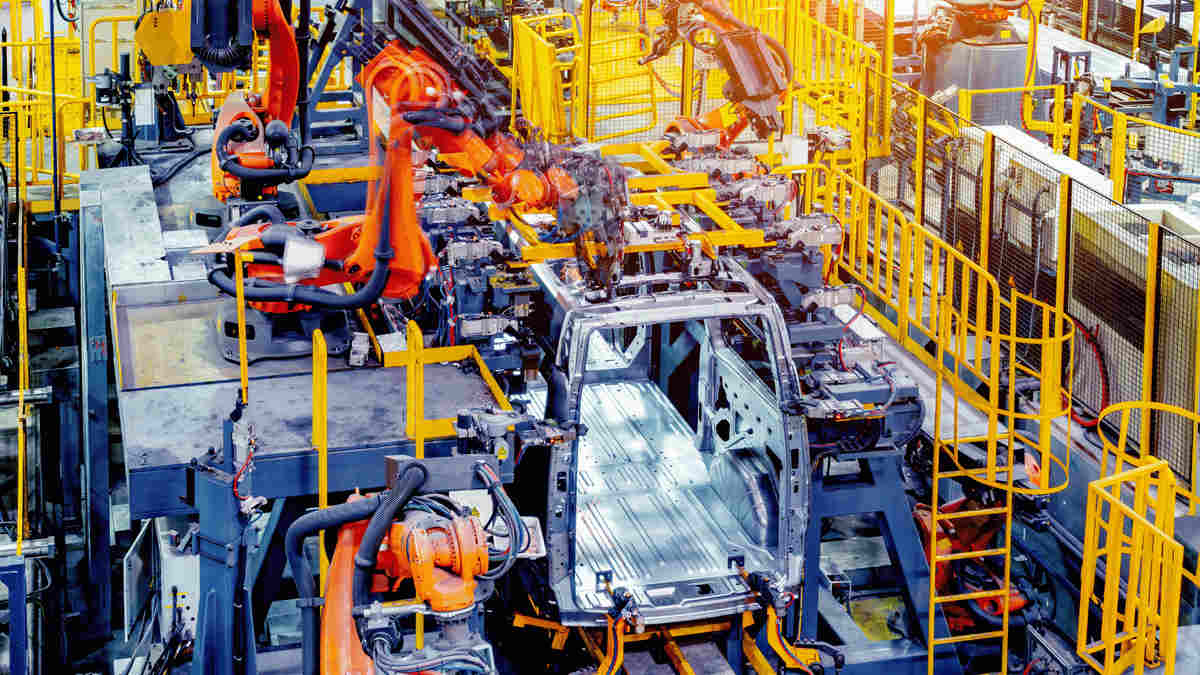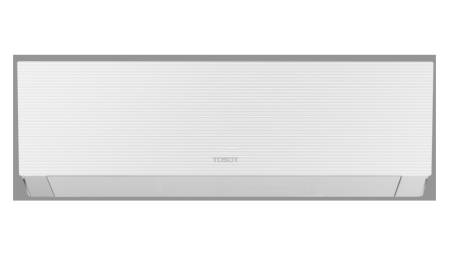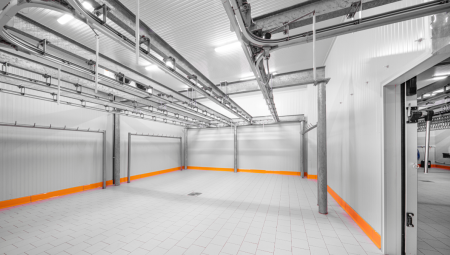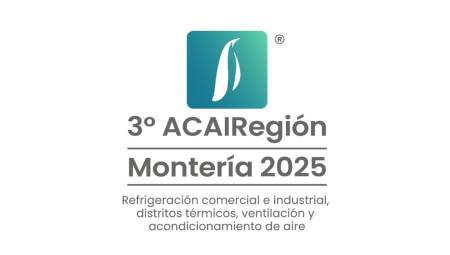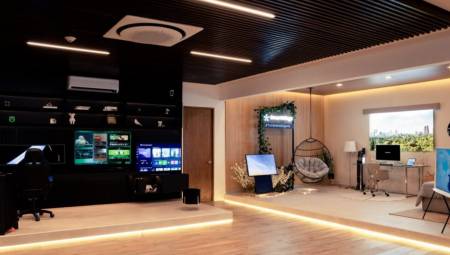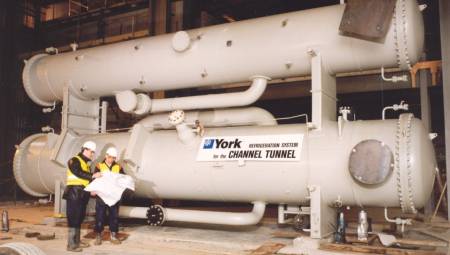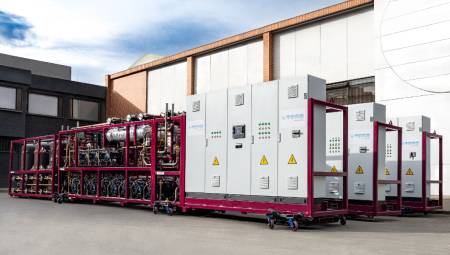Latin America. The production of manufactured goods is expected to grow more than 20% in the next four years, so Trane pointed out that air conditioning plays an important role in this sector, as it guarantees that the operation processes are carried out in adequate conditions.
The phenomenon of the relocation of companies in Mexico or nearshoring has fostered efforts along the value chain, highlighting the manufacturing sector, which includes the production of vehicles, aircraft and semiconductors, among others.
That is, their expectations are quite encouraging, since according to the Association of Technological Manufacturing, the production of manufactured goods could grow more than 20% in the next four years, for which factors such as highly qualified personnel or the technological development of productive infrastructure must be added; Likewise, companies must guarantee optimal spaces that ensure the comfort of the people involved in the operations.
Optimize the performance of manufacturing spaces
According to Trane, air conditioning systems are known primarily for keeping the spaces where people live, work, play, shop or do their business at a comfortable temperature, regardless of the heat or cold outside.
On the other hand, in the manufacturing sector air conditioning plays an even more important role, since it must address the needs of each industry in terms of environmental conditions to ensure that the manufacturing or operation processes are carried out in adequate conditions.

Carlos Garcia, Managing Director of Trane Mexico, commented: "Currently, many industries have migrated their operations to Mexico, including data centers, chip manufacturers, electric vehicle factories, and others. Each of these industries requires specific and sometimes strict conditions for optimal performance of their production lines; without losing sight of the fact that a comfortable indoor environment must be maintained to ensure constant operation and protect the health of workers. An air conditioning system can become the best ally for the performance of manufacturing spaces."
In hot areas or during seasons of intense heat, ventilation and air conditioning systems play a fundamental role, not only to keep workers comfortable, but also safe. From emerging manufacturing companies to large companies use air conditioning solutions to support operations that are critical to the business.
The main concerns of manufacturing companies
While having air conditioning solutions, tailored to the needs of each manufacturing facility, is crucial to operations, decision makers may present some concerns. Trane, a company dedicated to the creation and maintenance of comfortable and sustainable spaces, shared which are the 4 main ones:
Costs: Acquiring air conditioning systems represents a considerable investment for companies, so evaluating the cost-benefit is one of the first concerns.
Reliability: Trust is one of the pillars for any relationship, so having the assurance that a system will work optimally, is a point that many companies value. Having automation and monitoring systems that delegate responsibilities and allow people to focus on operations is a priority for companies.
Adaptation to business needs: Companies are not only looking to solve problems, they want to find adequate and specific solutions for the needs of the business. Therefore, they are concerned about finding some type of air conditioning used specifically in the manufacturing industry, systems that are compatible with industry 4.0, are specific to their facilities, and are also replicable in other places where they have operations.
Meet sustainability objectives: Today, many companies are focusing their business strategies towards sustainability, so having systems that help them meet their objectives while boosting the productivity of their operations is a relevant issue.
Air conditioning solutions help reduce uncertainty
Carlos Garcia said: "If a ventilation and air conditioning system breaks down and is idle for a day, it can have huge consequences on the business: from loss of revenue, damaged products or inventory, lower employee satisfaction and reduced production speed, to loss of data or information crucial to business continuity. If this extends for more days or even weeks, it can lead to a catastrophic chain reaction for companies. Hence the importance of trusting the systems and having a contingency plan."
For Trane, in the life sciences world, when the COVID-19 pandemic hit, vaccine manufacturers needed to accelerate their development and manufacturing processes at scale to be first to market and grow revenue faster. To do this, they needed reliable air conditioners for business.
Similarly, semiconductor companies are in a race to increase their chip manufacturing capacity to gain market share and meet customer expectations; so they need reliable, industry-leading HVAC equipment delivered on time.
For their part, electric vehicle manufacturers are also in stiff competition to gain market share and help the environment. So they can't afford to have rigid, inflexible, unreliable and slow processes and systems.
In addition, food and beverage manufacturers must have constant monitoring of their facilities and operations to avoid product contamination and costly losses from product disposal.
According to Trame, these industries exemplify the need to rely on ventilation and air conditioning systems for factories and buildings that are effective and efficient in their manufacturing facilities, while seeking to mitigate risk throughout their production chain.
Finally, Carlos García concluded: "Technologies such as predictive analytics, for example, can help plan maintenance to make it more profitable, less recurring and shorter in duration. Remote monitoring and diagnostics, on the other hand, help detect potential faults more quickly, so that parts needed for maintenance can be available even before any fault occurs. Thus enabling business continuity."


